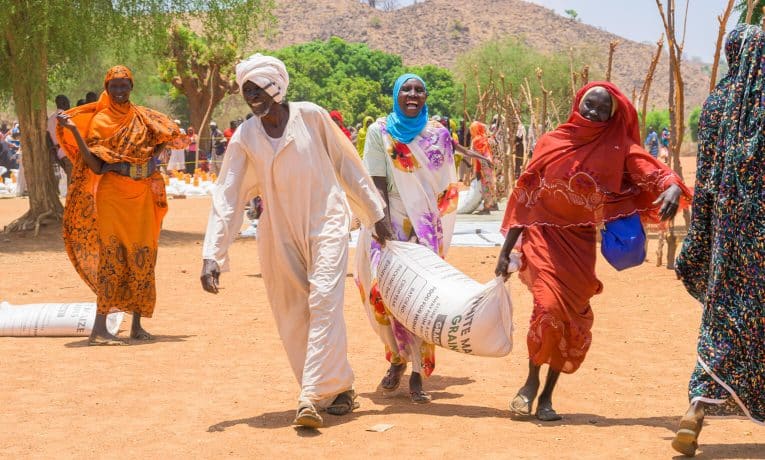
Following the April 2023 eruption of conflict between the Sudanese Armed Forces and Rapid Support Forces, Sudan has descended into one of the world’s most urgent humanitarian emergencies, with more than 25 million people in need of aid.
The International Rescue Committee (IRC) leads integrated WASH programming alongside health, nutrition, protection and cash assistance, operating across Khartoum, Blue Nile, River Nile, Gedaref, White Nile and South Kordofan states. Their sanitation efforts include latrine and hygiene kit distribution for internally displaced populations and host communities.
In Darfur’s Zamzam camp—home to roughly 500,000 internally displaced people—devastating floods in 2024 inundated toilets and contaminated water points, dramatically heightening the risk of cholera and other waterborne diseases. Satellite data revealed that 9 out of 13 water points are submerged, forcing residents to consume unsafe water and struggle amid extreme malnutrition and famine conditions.
Local networks have stepped into the void: the Emergency Response Rooms (ERRs)—a grassroots aid network born from Sudan’s resistance movement—have delivered clean water, sanitation supplies, and community health outreach to over 11.5 million people across eight states. ERRs are widely praised for their principled, community-led approach to aid in Sudan’s fragmented humanitarian landscape.
Meanwhile, Bonyan NGO reports that as of late 2024, 14.9 million people lacked access to basic water, sanitation or handwashing facilities, and over 16 million—including nearly 8.5 million children—remain in need of urgent.
The sanitation crisis fuels disease outbreaks, malnutrition, and displacement. Aid providers emphasize that funding shortfalls and access constraints—including bureaucratic blockades and active conflict zones—severely limit response. Experts warn that without significant scaling of infrastructure and hygiene education, the crisis could deepen into widespread epidemics.